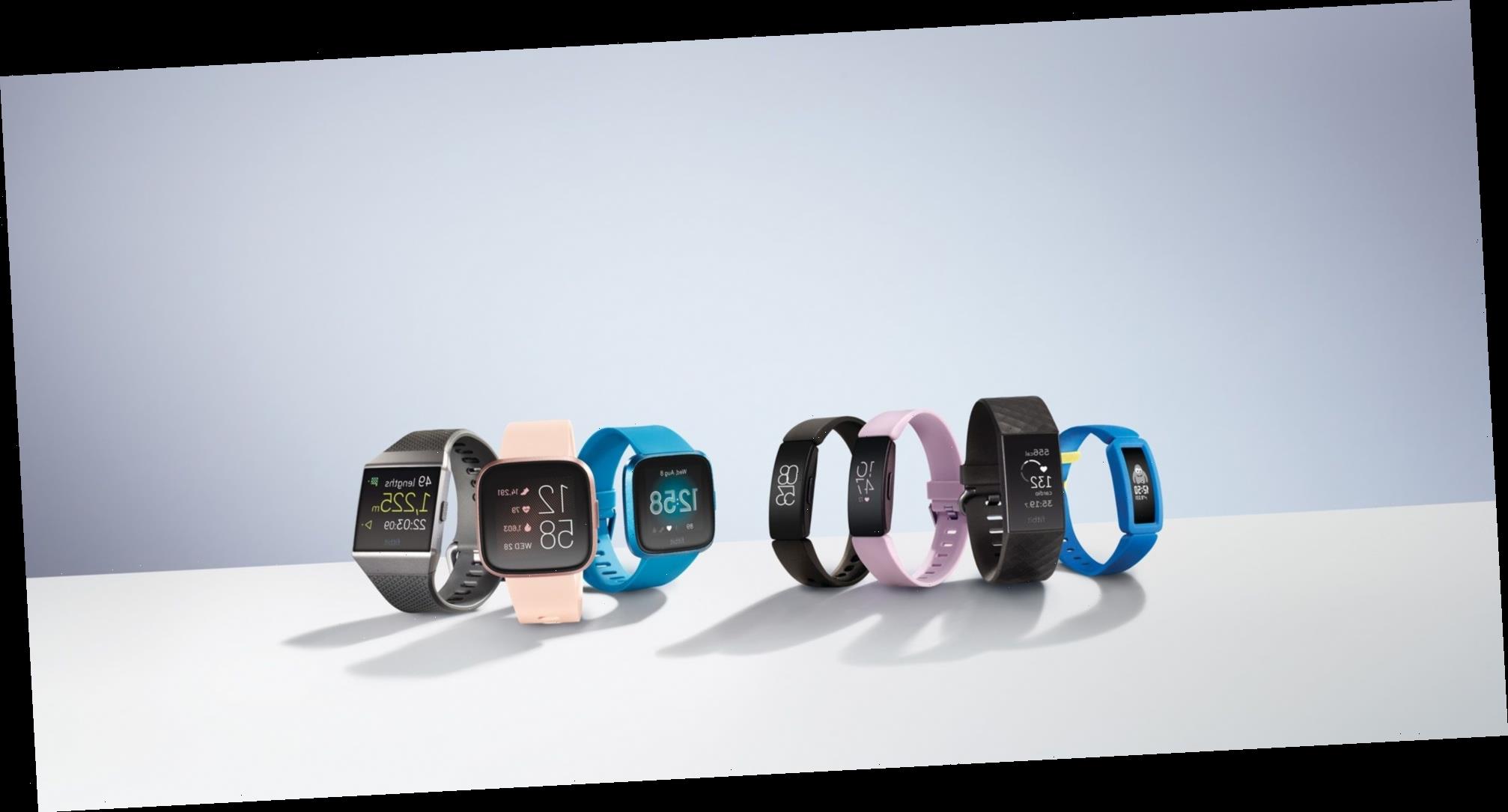Good news today for Fitbit fans: The fitness tracker company, which had struggled in the market as more people migrated to smartwatches, has been bought by Google for $2.1 billion.
The acquisition makes sense for both parties. Despite becoming nearly synonymous with “fitness tracker,” Fitbit had trouble competing with deep-pocketed competitors as smartwatches became more mainstream; Apple dominates the market, while even major players such as Samsung have had trouble getting any traction.
While Fitbit had a solid reputation for its focused, nearly-single-use devices, those bigger firms could dump huge amounts of cash into new hardware that simply did more than the usual Fitbit. The company went on an acquisition spree to develop its first smartwatch, the Ionic, but faced the same headwinds in getting users to choose Fitbit over an Apple Watch. The just-launched Versa 2 was a great improvement over its predecessor, but it was still hard to see where Fitbit might, ahem, fit into an increasingly crowded market.
Google, meanwhile, focused on developing its Wear OS platform, which is mainly about, you know, bringing Google to your wrist. But if you knew of any device running that software, it was probably one made by Samsung—and even they dropped the system on the most recent iterations of the Galaxy Watch for a Tizen-based setup. Google has failed in every attempt to break into the smartwatch space, with an awkward rebrand from Android Wear to Wear OS in 2018 and a slew of new watches that didn’t catch on.
Despite recently acquiring some tech from watchmaker Fossil, there hasn’t been much action on the wearable front from Google. But this morning’s news release from the company says buying Fitbit offers “an opportunity to invest even more in Wear OS as well as introduce Made by Google wearable devices into the market.”
That means in the future you’re likely to see smartwatches with a much more prominent Google branding—especially given the change of OS—but they’ll still likely remind you of what you already know from Fitbit. That means you’ll get activity and sleep tracking, along with a community of enthusiasts committed to wellness.
Importantly, Google SVP of Devices and Services Rick Osterloh pledged in a statement that user data would never be exploited, writing, “to get this right, privacy and security are paramount.”
This could be the key to winning over the consumers who have stayed away from Wear OS before. Combine Google’s top-notch tech and reach with Fitbit’s fitness chops and good reputation for data security, and Apple just might have something to worry about in the world of wearables.
Source: Read Full Article
